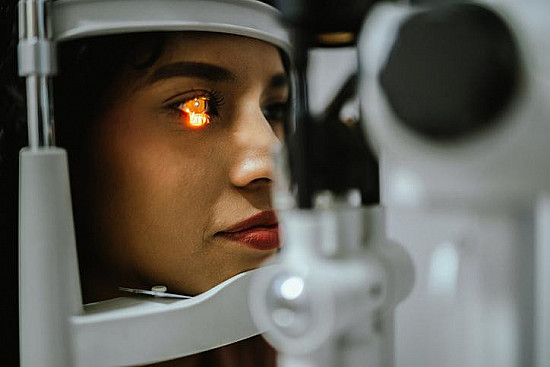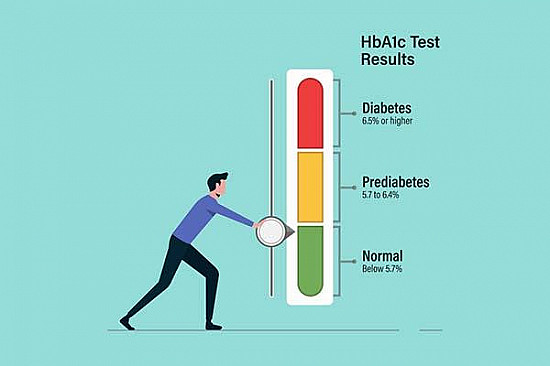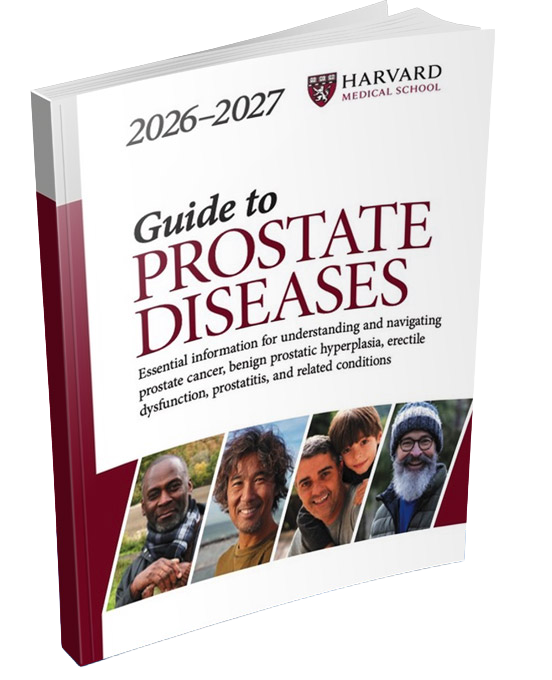Transperineal prostate biopsies linked with lower infection risk
In the journals
- Reviewed by Howard E. LeWine, MD, Chief Medical Editor, Harvard Health Publishing; Editorial Advisory Board Member, Harvard Health Publishing

A study published online Sept. 19, 2024, by JAMA Oncology found that transperineal prostate biopsies are less likely to cause infections than traditional transrectal biopsies.
For a transperineal biopsy, a doctor retrieves tissue samples by inserting a thin needle through the skin between the scrotum and rectum and into the prostate. With a transrectal biopsy, the needle goes through the rectum and into the prostate.
Researchers recruited 875 men with possible prostate cancer and randomly assigned them to receive either transperineal biopsy without antibiotic pretreatment or transrectal biopsy with antibiotics. None of the participants who received transperineal biopsies developed infections, while 1.6% of those in the transrectal group did (mainly urinary tract infections). The findings also showed that both procedures were equally effective at diagnosing prostate cancer. High-grade cancer (meaning cancer that's likely to grow and spread) was found roughly in the same proportion in both groups.
The researchers recommended that transperineal biopsies become the preferred approach. Guidelines by the American Urological Association (AUA) and the National Comprehensive Cancer Network give both approaches equal standing. However, the AUA's guidelines are scheduled for review this year.
Image: © skynesher /Getty Images
About the Author

Matthew Solan, Former Executive Editor, Harvard Men's Health Watch
About the Reviewer

Howard E. LeWine, MD, Chief Medical Editor, Harvard Health Publishing; Editorial Advisory Board Member, Harvard Health Publishing
Disclaimer:
As a service to our readers, Harvard Health Publishing provides access to our library of archived content. Please note the date of last review or update on all articles.
No content on this site, regardless of date, should ever be used as a substitute for direct medical advice from your doctor or other qualified clinician.
















